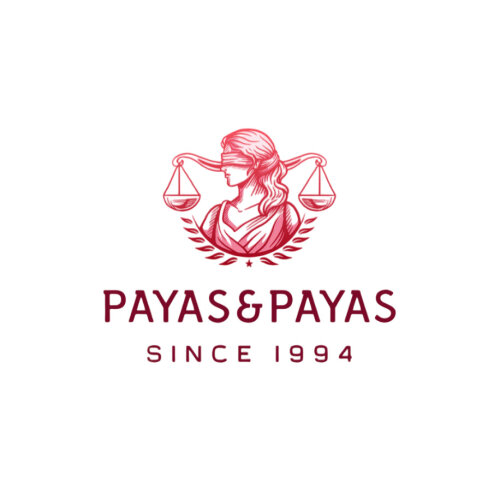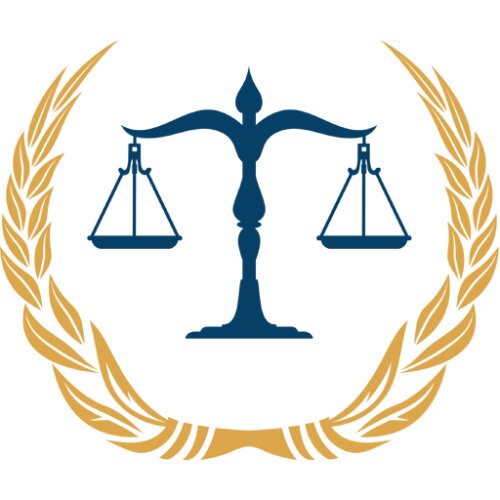Best Arrests & Searches Lawyers in Turkey
Share your needs with us, get contacted by law firms.
Free. Takes 2 min.
Or refine your search by selecting a city:
List of the best lawyers in Turkey
About Arrests & Searches Law in Turkey
Turkey’s legal framework for arrests and searches is governed by the Turkish Penal Code and the Criminal Procedure Code. These laws provide the guidelines and limitations for law enforcement officials when conducting arrests and searches. The primary goal is to balance the enforcement of law and order with the protection of individual rights as enshrined in the Constitution of Turkey. Law enforcement officers are required to follow certain protocols to ensure that the rights of individuals are not violated during arrests or searches.
Why You May Need a Lawyer
If you find yourself involved in an arrest or search in Turkey, a lawyer can offer essential guidance and representation. Common situations where legal help might be necessary include being detained by police, your property being searched without clear justification, or if you believe your rights have been violated during a legal procedure. A lawyer experienced in the field can help you understand your rights, navigate the legal system, challenge any unlawful actions, and provide defense if you've been charged with a crime.
Local Laws Overview
The key aspects of local laws concerning arrests and searches in Turkey include:
- Reasonable Suspicion: Police must have reasonable suspicion to conduct a search or arrest an individual.
- Arrest Warrants: Generally required for arrests, except in cases where the person is caught in the act.
- Search Warrants: Legally required to search private property unless it is an immediate threat to public safety.
- Right to a Lawyer: Individuals have the right to legal representation and must be informed of this right immediately during an arrest.
- Detention Limits: The law sets limits on how long a person can be held without being formally charged.
- Protection Against Unlawful Searches: Privacy rights protect individuals from unlawful searches and seizures.
Frequently Asked Questions
What should I do if I am arrested in Turkey?
It is crucial to remain calm and request an attorney. You have the right to remain silent and should use your phone call to contact legal assistance.
Can police search my home without a warrant?
In general, police need a warrant to search your home. Exceptions occur if there is an immediate threat or if a crime is actively in progress.
How long can I be detained without charges?
You can be held for a maximum of 24 hours for most offenses, or up to 48 hours under specific circumstances. This period can be extended to 4 days during state of emergency situations.
Can I challenge a search or seizure if I believe it was unlawful?
Yes, you can challenge an unlawful search or seizure in court by filing a complaint and seeking legal advice to ensure your rights are protected.
What constitutes reasonable suspicion for a search?
Reasonable suspicion is based on specific and articulable facts that suggest a person is involved in criminal activity. It must be more than just a hunch.
What happens if I resist an unlawful arrest?
Resisting arrest can lead to additional charges. It is advised to comply and later contest the validity of the arrest through legal channels.
Will I be informed of my rights when arrested?
Yes, the police are required to inform you of your rights, including the right to legal counsel.
How can I find a lawyer specializing in arrests and searches?
Contact the local bar association or legal aid services for recommendations on qualified attorneys in this field.
What if I am not a Turkish citizen?
You have the right to consular assistance, and it is advisable to contact your embassy for support and legal advice.
Can evidence obtained from an illegal search be used against me?
Typically, evidence obtained through illegal means is inadmissible in court. A lawyer can help challenge such evidence.
Additional Resources
Here are some useful resources and organizations that can provide assistance:
- Türkiye Barolar Birliği (Union of Turkish Bars) for attorney referrals.
- The Human Rights Foundation of Turkey for support related to human rights violations.
- The Turkey Ombudsman Institution which can investigate complaints about government officials.
- Local embassies and consulates for citizens of other countries seeking assistance.
Next Steps
If you need legal assistance regarding arrests and searches in Turkey, consider taking the following steps:
- Consult a qualified attorney who specializes in criminal law promptly.
- Gather all relevant documents and information pertaining to your case to prepare for your legal consultation.
- Utilize legal aid services if financial resources are a concern.
- Keep records of all communications and documentation related to your situation. This information can be vital for your legal representation.
Lawzana helps you find the best lawyers and law firms in Turkey through a curated and pre-screened list of qualified legal professionals. Our platform offers rankings and detailed profiles of attorneys and law firms, allowing you to compare based on practice areas, including Arrests & Searches, experience, and client feedback.
Each profile includes a description of the firm's areas of practice, client reviews, team members and partners, year of establishment, spoken languages, office locations, contact information, social media presence, and any published articles or resources. Most firms on our platform speak English and are experienced in both local and international legal matters.
Get a quote from top-rated law firms in Turkey — quickly, securely, and without unnecessary hassle.
Disclaimer:
The information provided on this page is for general informational purposes only and does not constitute legal advice. While we strive to ensure the accuracy and relevance of the content, legal information may change over time, and interpretations of the law can vary. You should always consult with a qualified legal professional for advice specific to your situation.
We disclaim all liability for actions taken or not taken based on the content of this page. If you believe any information is incorrect or outdated, please contact us, and we will review and update it where appropriate.
Browse arrests & searches law firms by city in Turkey
Refine your search by selecting a city.















